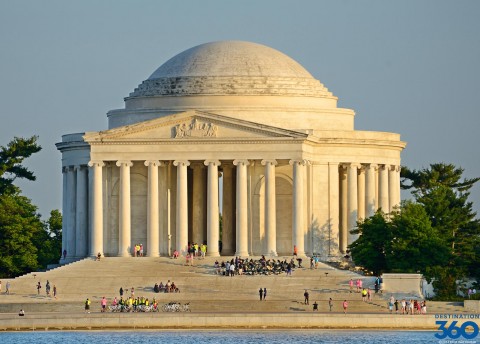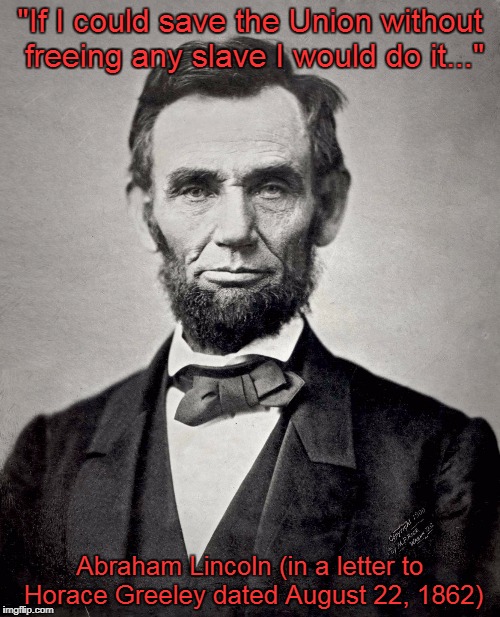Well, first we have to get rid of everybody named "Jefferson" or "Davis"; they've all got to go. Pitcher Zach Duke combines the names of a Confederate general (Zachariah Deas) and a modern Ku Klux Klan leader, so I'd say he's got to go quick. I personally am planning to protest any game that he pitches in. Anybody named "Wallace". . . .outta here. That comedian named George Wallace. . . how is he getting by with that?
The fundamental flaw in the logic of cleansing the past is that it promotes the belief that we are better people than those of the past. We're not. I am not a better person than Thomas Jefferson, because I am not a slave holder and I recognize the evil of racism. I am not a better person than Robert E. Lee, and frankly, neither are you. You are PRETENDING to be a better person than Robert E. Lee. You are promoting yourself as a more enlightened, more advanced person than those horrible racists of the past. It's [baloney]. You are NOT better than they were; we are not better than they were.
.
.
Another way I'd say the same thing is this:
Suppose in 200 years, George and Jane Jetson looked back on the year 2017. And they chuckled, "Can you believe those people drank lattes while children starved in the other hemisphere?" Would we want the Jetsons to then invalidate EVERYTHING we ever said ON ANY TOPIC, tear down our statues, and purge us from human memory?
The question for humanitarians today is less, "Do they drink lattes?," and more "Are they ahead of the curve in their own time?" A lot of 17th-19th century American leaders were well ahead of their own societal curves on humanitarianism. Without a doubt our founding documents were so.
Best,
Jeff

